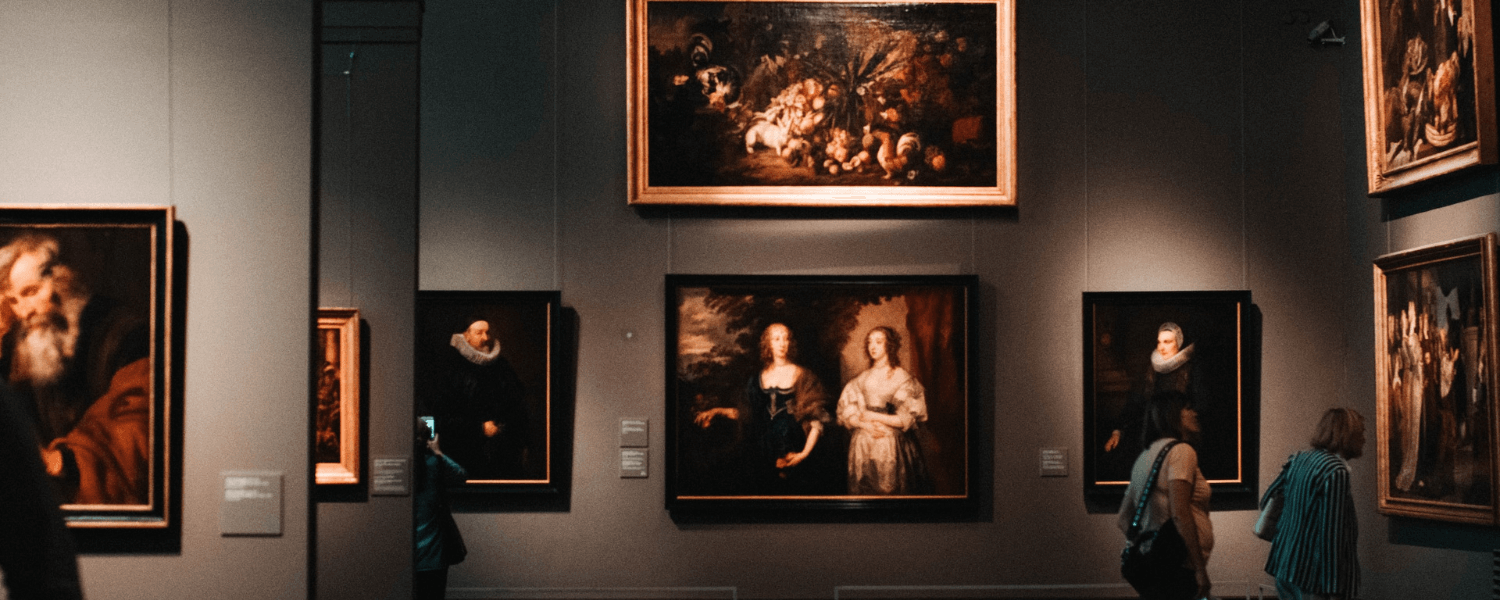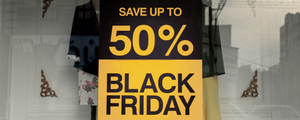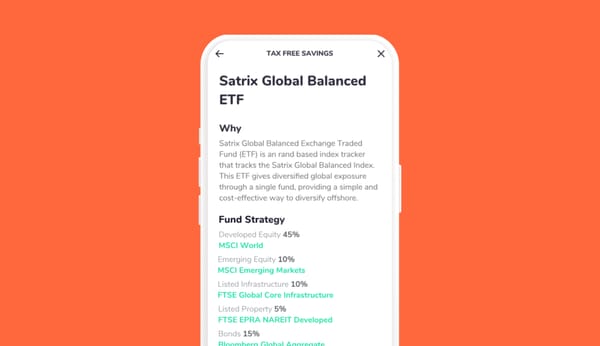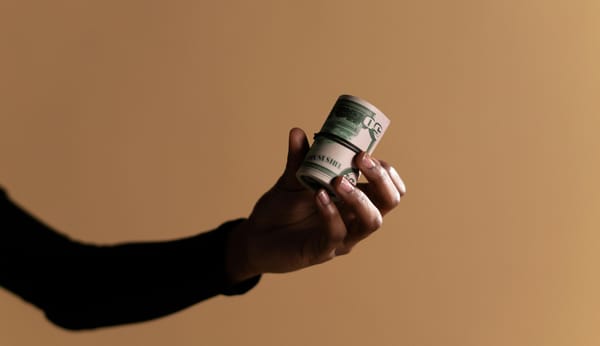Franc may not be your traditional investment company, but we definitely talk about traditional investments a lot. Money market funds, equities and retirement annuities are all super important and should always be the base of your portfolio. They are also super traditional investments. There are lots of other asset classes that are considered non-conventional - those are the ones this article is about. The first thing that you should know is that they can be quite complicated, and un-Franc. However, I still want to know what’s the difference between buying a painting at First Thursdays and investing in art.
Alternative investments are defined as financial assets that do not fall into conventional categories like equities (shares), fixed income (e.g. Government bonds), and cash (e.g. Money Market Funds). They are a bit harder for retail investors, like you and I, to get into because they often have higher costs and are harder to get ahold of. For example, it’s a lot easier to log into your Franc app and make a deposit than it is to buy one of Picasso’s paintings (even if you were a billionaire lol). They also require a level of care that is not needed for traditional investments. Just a few months ago a man dressed up as a granny, snuck a pie into the Louvre and tried to pie the Mona Lisa. So, just imagine what your drunk friends could do to your wine collection.
It’s not all bad though, imagine being able to say you own a cool piece of art or have a super rare wine collection. On top of the bragging rights, alternative investments are also a surefire way to diversify your portfolio, which is a necessary part of any good investment plan. Here are some notes about different types of alternative investments you can use to impress your friends at the next braai (once you already have a solid investment base of cash and equities!).
Art
Investing in art is the ultimate buy-and-hold investment. In fact it’s a lot like investing in stocks, especially in the beginning. You have to do your research to get familiar with the art market and artists that you find interesting. There are your artists everyone knows about, Banksy, Jackson Pollock etc because they are already well known so you know it’s likely the value of their work will go up. They are also already pretty unaffordable to begin with. So beginners will need to start by buying the art of some up-and-coming artists. Then you just have to find a safe place to put it on the wall, and hope the value increases. Importantly, you should buy a piece that you like because there is no point in looking at something for hours on end that you dislike which ends up not being worth anything after many years.
Cattle
Cattle is always a good investment because we have a growing population of people who have to eat. There are 2 ways you could go about this investment. You could buy a farm and become a cattle farmer if you really wanted to. Luckily apps have made it way easier than that. Now you can find an app that allows you to invest in livestock or crops. They do all of the herding and growing and as they sell the produce and hopefully you’ll start to see your returns rolling in from the comfort of your couch. Obviously there are still risks here as you are dealing with the environment and other variables so there is no guarantee you make any money.
Wine
Wine seems like one of the harder types of investments to make, because the value of wine is so subjective. For instance, my favourite bottle of Rosé from Checkers is very valuable to me but it only retails for about R70 a bottle. In order for your wine to be worth something in 10-20 years you’ll have to find wines that can age well for that period of time and that you think people will want to buy. This is one instance where living in South Africa comes in handy because we have access to some investment worthy wines locally.
Also you will have to prevent yourself from drinking away the profits over the years and have the ability to store the wine properly either at home or at a storage facility at an extra cost. Some companies allow you to buy a pre selected portfolio of wines which they store on your behalf.
There you have it, alternative investments seem like a lot of effort and a bit of a gamble. Do you think are they worth the bragging rights at the next braai?







![How & Why You Should Do a Financial Reset [+ downloadable financial reset journal]](/blog/content/images/size/w600/2024/12/Setting-goals-for-the-year.png)


